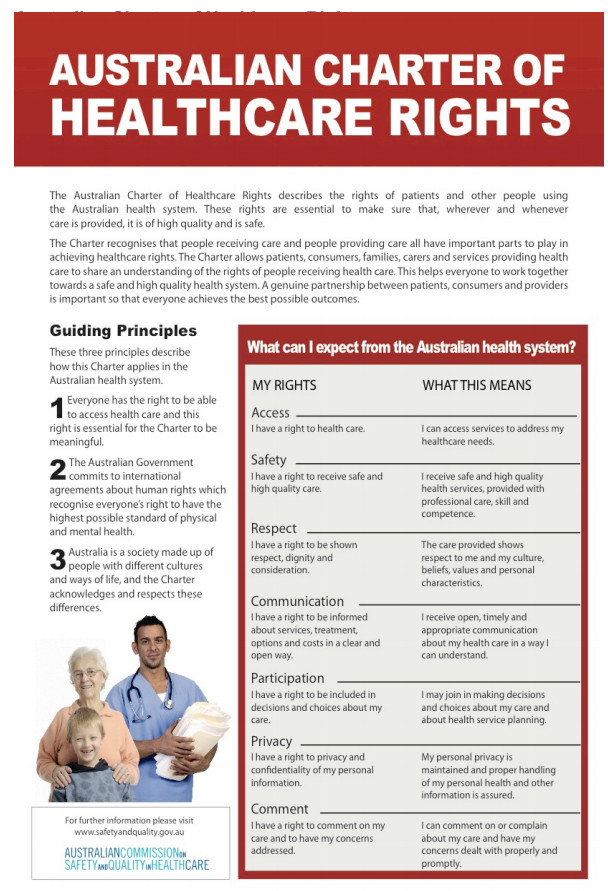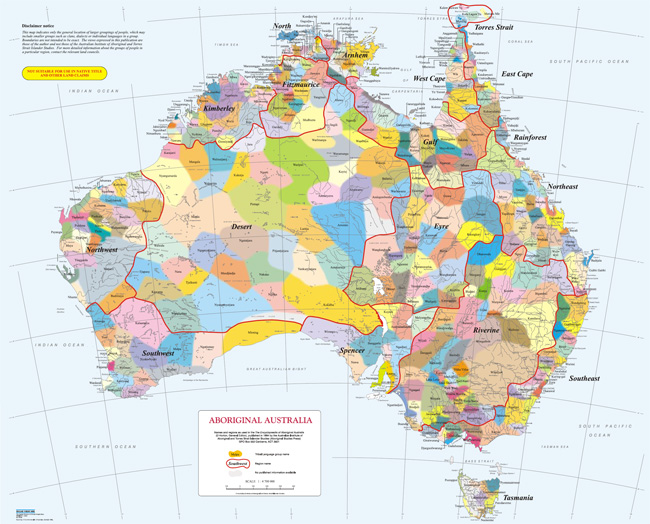Login
Are you new? You should register an account!
Extra sources:
| Health Care Rights | Health Statistics | Honouring our strengths - moving forward |
| Australian Charter of Health Care Rights | Indigenous health statistics that are relevant to the scenarios | |
| Health Care Rights | Health Statistics | Honouring our strengths - moving forward |

|
Abstract: Persistent perceptions of deficit and conflict have characterised and constrained the history of relations between Aboriginal and non-Aboriginal Australians since contact. The success of their saturation is apparent in a continuing approach that presents the response to Aboriginal needs in terms of health and education 'gaps'; 'the Aboriginal problem', 'mainstreaming (making them more like us)' or 'interventions' (and all the lack of ability that such a word implies). Language in programs and the underlying approach to address very real health, economic and social need continues to carry (and replicate) an implicit assumption of deficit and a positioning of the locus of control away from Aboriginal people (i.e. service 'delivery' instead of service 'access'). This paper recognises that an erosive mindset of deficit perceptions of Aboriginality is also being widely adopted by Aboriginal people by ourselves and other Aboriginal people - that if un-discussed will continue to impact on the Aboriginal struggle. This paper will unpack an Aboriginal framework (Engoori) that can reconnect people and reignite authentic community engagement discussions. | |
| Author: Indigenous Reference Group |
Author: Indigenous Reference Group |
Author: Indigenous Reference Group |
This project is a combined initiative of the following Universities:


The stories used on this site were collected as part of the OLT project Creating cultural empathy and challenging attitudes through Indigenous narrative
 With the exception of the Commonwealth Coat of Arms, and where otherwise noted, all material presented in this document is provided under a Creative Commons Attribution 3.0 Australia licence
With the exception of the Commonwealth Coat of Arms, and where otherwise noted, all material presented in this document is provided under a Creative Commons Attribution 3.0 Australia licence
The details of the relevant licence conditions are available on the Creative Commons website (accessible using the links provided) as is the full legal code for the CC BY 3.0 AU licence .
Support for this project/activity has been provided by the Australian Government Office for Learning and Teaching. The views in this project/activity do not necessarily reflect the views of the Office.
